About Salamangreat
Salamangreat is an archetype formed by Cyberse-type monsters, of the Fire attribute. The main trait of this archetype is "reincarnation", also called "re-link" by players. It regards the ability of giving an additional effect to one of your link monsters if it was summoned using as material another copy of the same monster, or any monsters with the ability of copying its name.
Besides that, this deck is quite consistent and has the capacity to both recycle its resources to control the game, and finish matches when accessing the famous Cyberse OTK combo.
Salamangreat was powerful in mid-2019, and is no longer at its peak competitive state after January 2020's banlist. Since then, it became a rogue deck, and went through highs and lows. Some time ago, the cards in this archetype have slowly been removed from the banlist, and, today, only Salamangreat Gazelle remains limited.
Like so, to give this deck extra strength and increase its consistency even more, the next Yu-Gi-Oh! TCG set, Soulburning Volcano, which will be legal from August 10th onward, brings support cards to this archetype. We can highlight a new maindeck monster which is capable of adding "Gazelle" from your deck to your hand, besides a new boss monster for the extra deck!
Check out below how the new Salamangreat works!
Decklist
Main Deck

Salamangreat of Fire is one of the most striking support cards this deck is getting, as besides finally being a "normal summon" in this archetype, it is also a monster searcher and has synergy with the new boss monster through its effects in the battle phase.
Besides that, after resolving its effect, the player can only special-summon monsters of the Fire attribute until the end of the turn, something that will certainly affect deckbuilding, which stops using cards such as Number 41: Bagooska the Terribly Tired Tapir and even Decode Talker Heatsoul, which despite being a Fire attribute card, needs Cyberse monsters of different attributes to be summoned.

Salamangreat Gazelle is still your most important main deck monster as it is the only one capable of searching your traps, and, though it is still limited, now the deck counts on 9 cads capable of adding it to your hand, something that increases consistency enormously.
As for Salamangreat Spinny, it remains one of the archetype's best extender, as it is interesting to have in hand with practically any other "Salamangreat" monster, particularly level 3 ones.
With the arrival of the new cards, Salamangreat Foxy becomes less necessary in the deck's strategy, however, it is still important to deal with spells/traps with continuous effects on the opponent's board.

Salamangreat Weasel is one of the new support cards which will strengthen the deck, and besides being a level 3 extender, it has the effect of summoning one of your monsters in your graveyard on your opponent's board, something that can be used to play around some boardbreakers.
Another interesting extender is Salamangreat Meer, which is very useful to help you keep playing in case your "normal summon" leaves the board due to an opponent's interaction.

Just like the previous builds, Salamangreat Jack Jaguar remains quite important in this new version. However, this card is no longer as interesting to have in hand, once you only need to summon it in your combo's final steps.

Here are your consistency spells, with Cynet Mining being a "rota" card for Cyberse monsters and Salamangreat Circle a "rota" card for "Salamangreat" monsters, which also has a protection effect for your "reincarnated" monsters.

Salamangreat Sanctuary is the archetype's field spell, and is also the card which enables the archetype's "special ability" of summoning a link monster using only another copy of itself as material.
As for Will of the Salamangreat, this is a card which is considered necessary by many players, and it becomes even more important now, as it can be a good way of playing around Nibiru, the Primal Being, once it can be added more easily due to its new link-4 effect.

Salamangreat Rage and Salamangreat Roar have been, since always, the main ways to interact in your deck, which, in this new build, can look for two cards quite consistently.

Salamangreat has always been a deck with lots of space for techs, and due to the enormous consistency it has now, it is possible to use 18 techs with no further issues. Therefore, I opted to add the most generic handtraps and Nibiru, the Primal Being, besides also using a trio of kaijus.
Additional Deck

Salamangreat Balelynx and Salamangreat Sunlight Wolf remain as important as before. "Lynx" for being a pseudo-starter as it searches your field spell and provides protection to your cards, and "Sunlight Wolf" as it recycles your "Salamangreat" spells/traps, and as it recycles your Fire monsters.

Salamangreat Raging Phoenix is the archetype's new boss monster, and it is thanks to its effect when "reincarnated" that the deck can reach its two trap cards on turn 1 of the duel. And, despite being somewhat "expensive" to summon, it is a good card. Besides that, it can be important to deal with high-atk monsters due to its second effect, something the deck had difficulty doing when only using the old cards in the archetype.

Salamangreat Miragestallio is another card that keeps this same goal in our strategy, consistency, but this time even more important, to guarantee you access to Salamangreat Raging Phoenix.

Hiita the Fire Charmer, Ablaze is a very useful card, as besides stealing a Fire monster from the opponent's graveyard, it can add a Fire monster to your hand when it is destroyed.
As for Knightmare Phoenix, it is an out for opponent's spell and trap cards. Both cards are Fire attribute link-2 cards, which can be relevant to use them as material to summon your new boss monster, if necessary.

Here we reach the only monsters which are not Fire attribute monsters, and as such don't have synergy with Salamangreat of Fire. Despite that, they are quite important to help you finish games through an OTK. This way, you'll only need to avoid using Salamangreat of Fire on the turn you intend to finish the game with the generic Cyberse cards package.
Salamangreat Game Plan
Before, Salamangreat's game plan was to build a board with Salamangreat Sunlight Wolf and one of its trap cards, and, in very good hands, it was also capable of having a rank 4 xyz on board.
Now, the deck can look for both your traps, Salamangreat Rage and Salamangreat Roar, one with "Gazelle" and another with your link-4.
This way, the new final board for Salamangreat is formed by the new boss monster, Salamangreat Raging Phoenix (besides another copy of it in your graveyard also), by Salamangreat Rage (being able to destroy up to four cards), and by Salamangreat Roar, besides your field spell Salamangreat Sanctuary, which isn't exactly an interaction, but can be used during the battle phase.
Standard Combo
I'll leave down below the standard combo if you open with Salamangreat of Fire + Salamangreat Spinny:

> Firstly, normal-summon Salamangreat of Fire and activate its effect to add Salamangreat Gazelle to your hand;
> Next, use Salamangreat of Fire as material to summon Salamangreat Balelynx;
> Organize the chain in the following way: chain link 1 Salamangreat Balelynx and chain link 2 Salamangreat Gazelle;
> The chain will resolve this way: first, Salamangreat Gazelle will go on board through special-summon and then, Salamangreat Sanctuary will be added from your deck to your hand;
> After the previous chain resolves, activate Salamangreat Gazelle's effect to send Salamangreat Roar from your deck to your graveyard;
> Activate Salamangreat Spinny's effect discarding it from your hand to increase the atk of one of your monsters;
> Now, activate Salamangreat Spinny's other effect to summon it from your graveyard to your board;
> Use Salamangreat Spinny and Salamangreat Gazelle to summon Salamangreat Miragestallio;
> Activate Salamangreat Miragestallio's effect (remember to detach "Gazelle") to summon Salamangreat Jack Jaguar;
> Use Salamangreat Jack Jaguar as material for the summoning of another Salamangreat Balelynx;
> Use both Salamangreat Balelynx copies to summon Salamangreat Sunlight Wolf;
> Activate Salamangreat Jack Jaguar's effect in your graveyard to return one of the Salamangreat Balelynx to your extra deck and summon Salamangreat Jack Jaguar to the zone your Salamangreat Sunlight Wolf points to;
> At the summoning of Salamangreat Jack Jaguar, activate Salamangreat Sunlight Wolf's effect to add Salamangreat Gazelle from your graveyard to your hand;
> Now use Salamangreat Jack Jaguar, Salamangreat Miragestallio and Salamangreat Sunlight Wolf as material for the summoning of Salamangreat Raging Phoenix;
> Activate your field spell Salamangreat Sanctuary and, next, "reincarnate" Salamangreat Raging Phoenix using only itself as material;
> Organize the chain in the following way: chain link 1 Salamangreat Raging Phoenix to add Salamangreat Rage from your deck to your hand and chain link 2 Salamangreat Roar in your graveyard to summon it on board;
> After the chain resolves, summon Salamangreat Rage in one of your free spell/trap zones.
This way, your board will end up like this:
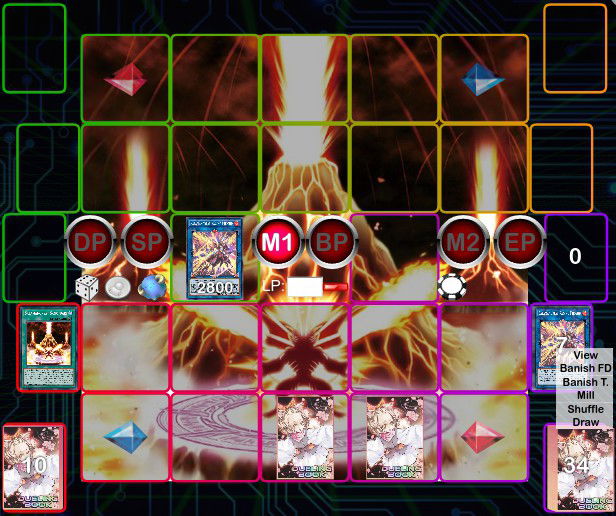
Main Matchups in the Format
Though quite consistent and versatile, Salamangreat is not well-positioned in the current format. And, despite receiving support cards which highlight its good traits, the deck still has the same flaws it always did.
Besides that, it has a very bad matchup against Kashtire, mostly due to Kashtira Arise-Heart and also due to the main tech that unbalances all matchups against this deck, Dimension Shifter. The matchup against Labrynth is also not one of the best, as this deck, historically, has always been bad against trap decks.
As for Spright, the deck simply suffers due to powercreep, once this is a deck which is equally consistent and has lots of tech cards, but it has a higher level of power and resilience.
Even with these disadvantages, this list still puts competent interactions on board and, if you play first and don't get hit with the main "counters", your deck is competent to win matches even against the meta decks, as long as you use your resources well.
Overall, I believe this deck is for those players who really enjoy using decks outside the metagame radar, and as soon as the current meta is hit with precision by the banlist, it is certain it will become a better option.
Final Words
Though I am excited about the new support cards and I consider them good cards, I believe there will still be many questions regarding which is the best build for this deck, once new cards force this deck to change its deckbuilding to be used properly.
What is the best "normal summon" for Salamangreat?

You're welcome to leave your opinion in the comment section. Cards Realm thanks you for your collaboration!

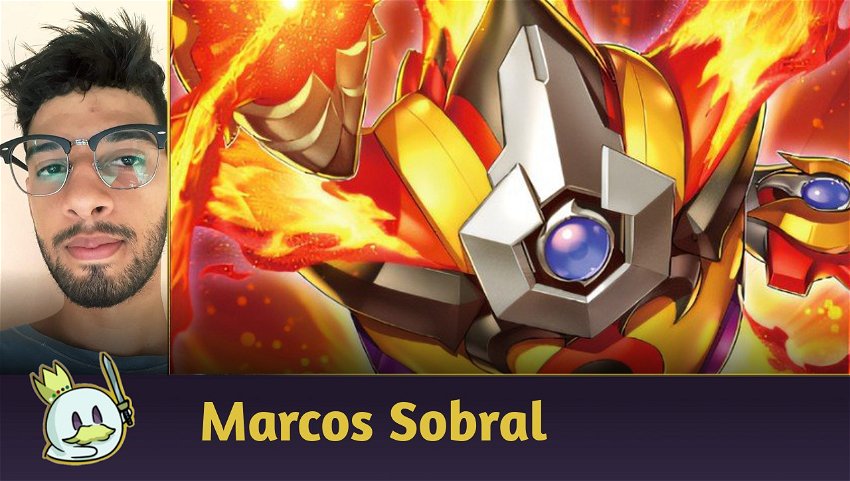







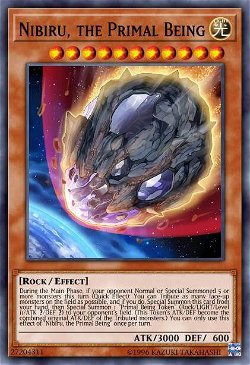
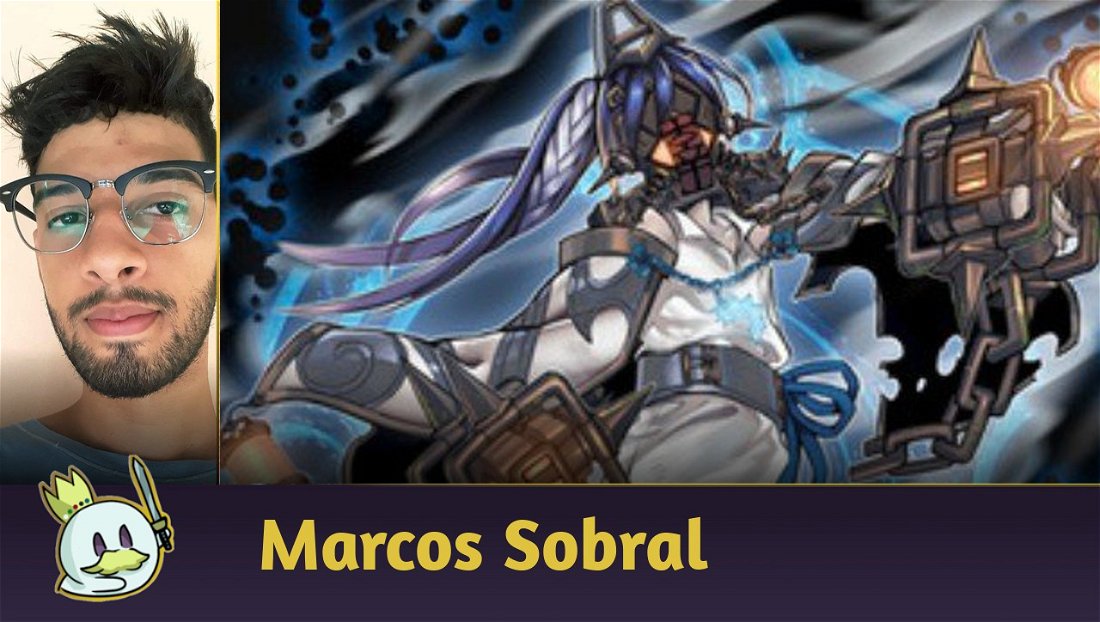
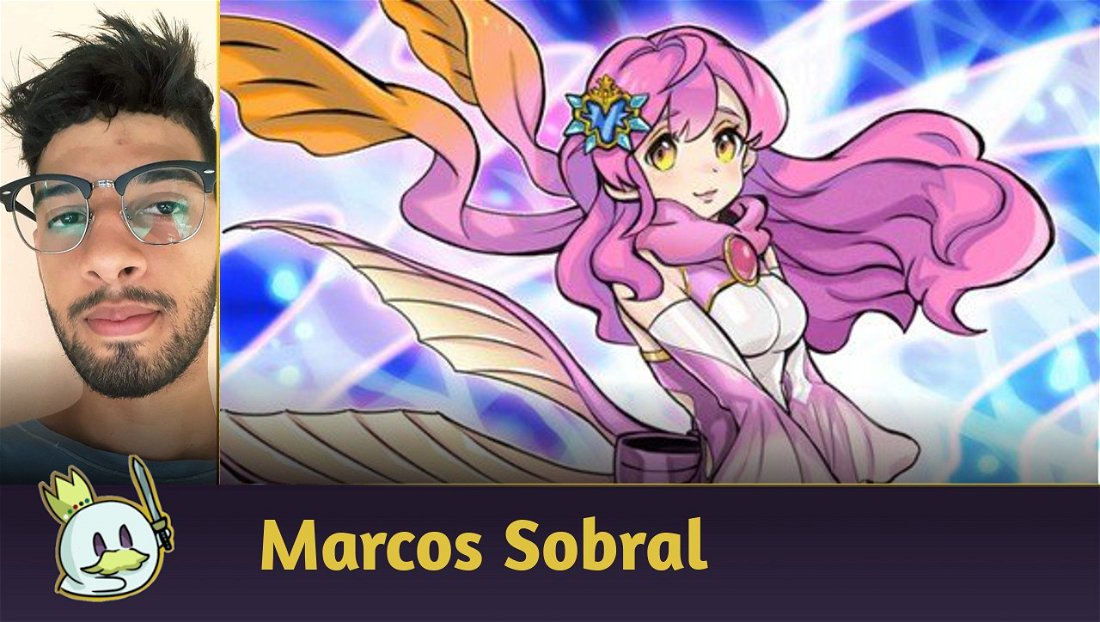



— Комментарии 0
, Реакции 1
Прокомментируйте первым